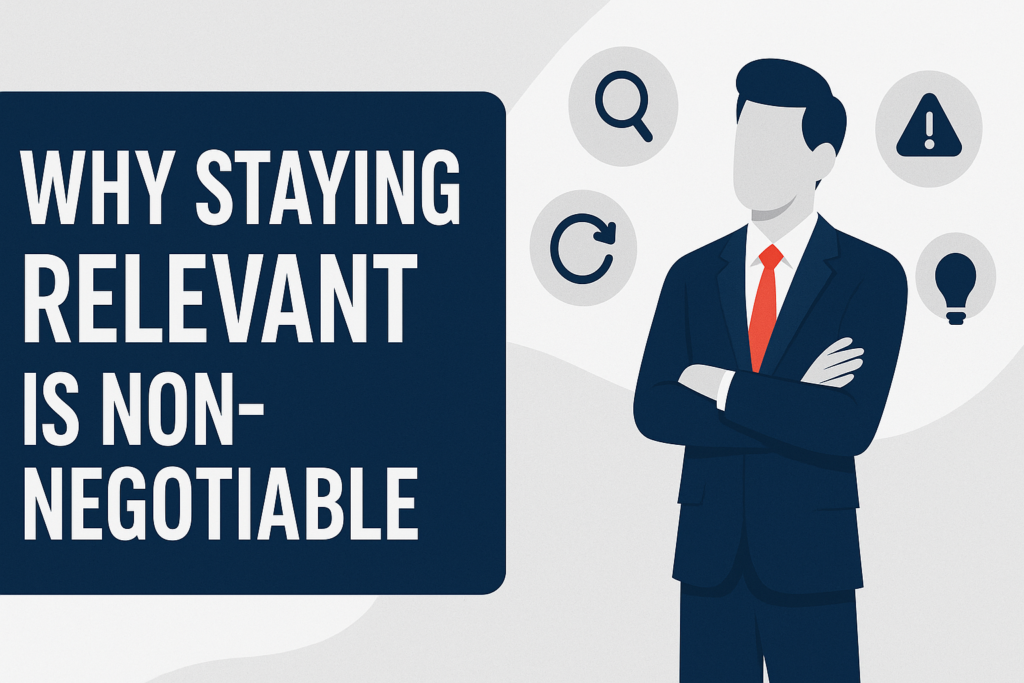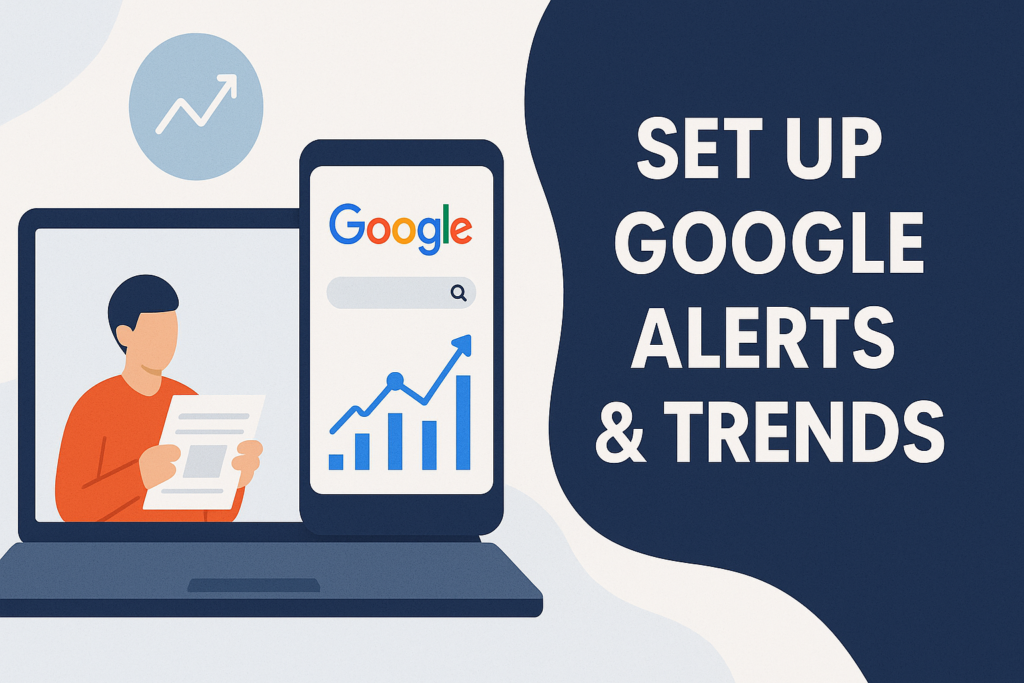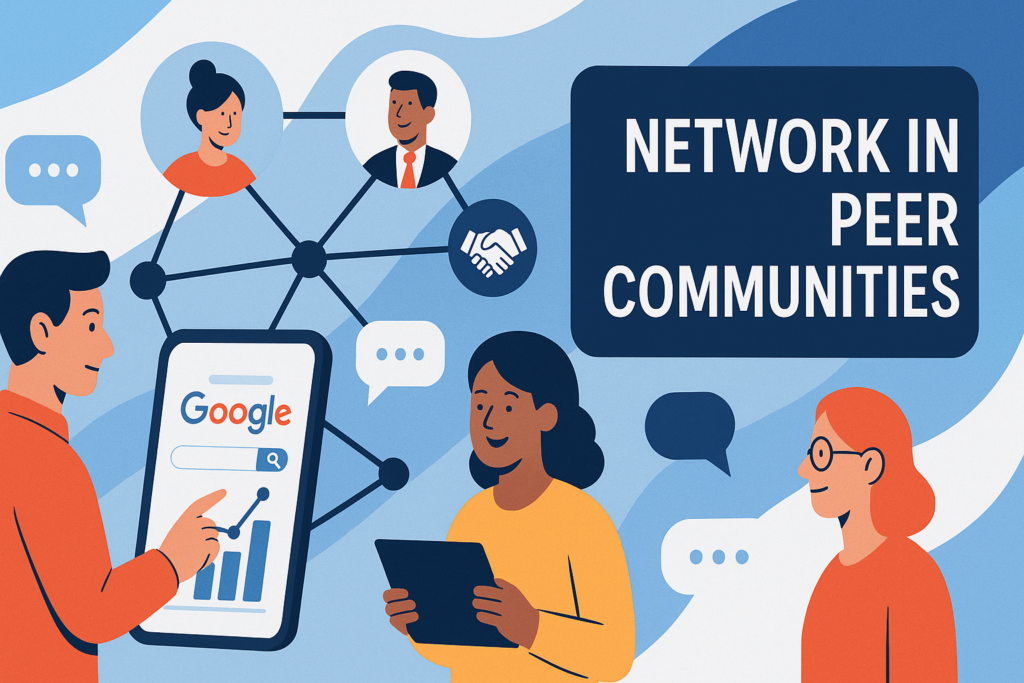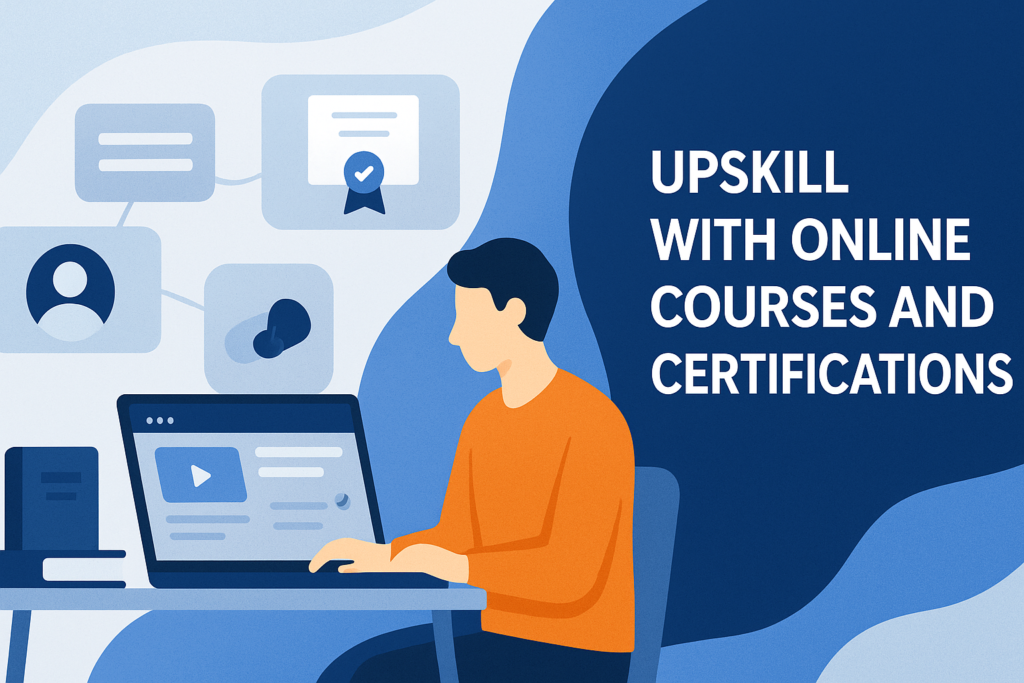Staying relevant as a digital marketer means continuously updating your knowledge, experimenting with new tools, and engaging with industry peers. In this digital marketer’s guide, you’ll discover nine actionable strategies from subscribing to newsletters and following top blogs, to attending events, networking, and hands-on experimentation that will help you keep your skills sharp and maintain a competitive edge. Each section follows Google’s E-A-T (Expertise, Authority, Trust) principles, uses natural language for readability, and targets our primary and secondary keywords at optimal densities.
Why Staying Relevant Is Non-Negotiable

Digital marketing evolves at breakneck speed. Algorithm updates on platforms like Google and Meta can instantly shift traffic patterns, while emerging channels (e.g., TikTok Ads) open new opportunities and challenges for reaching audiences. According to HubSpot, “marketers who stay current with industry trends are 3× more likely to exceed their goals” . Ignoring these shifts risks wasted ad spend, lower ROI, and falling behind competitors. This digital marketer’s guide will let you know how to stay updated.
1. Subscribe to Industry Newsletters

Newsletters condense top insights into a few minutes of reading. Aim to subscribe to:
–HubSpot’s Marketing Blog Newsletter: Weekly deep dives on inbound, content, and social strategies .
–Marketing Brew: Daily briefing on business and marketing news, delivered each morning .
–Digital Marketing Institute Updates: Certification-driven trends and research summaries .
Read them on a set cadence (e.g., Monday, Wednesday, Friday) to avoid overload and build a learning habit.
2. Follow Leading Blogs and Online Publications
Top blogs offer free, expert-level insights:
| Blog | Focus | Frequency |
| HubSpot Blog | Inbound, content, CRM | Daily |
| Moz Blog | SEO best practices | Weekly |
| Search Engine Journal | Paid search, SEO news | Multiple times per day |
Use an RSS reader (e.g., Feedly) to aggregate posts and tag must-read authors.
3. Leverage Social Media for Real-Time Insights

Platforms like Twitter (X) and LinkedIn act as real-time newsfeeds. Follow hashtags such as #DigitalMarketing, #SEO, and #MarTech. Engage by commenting on thought-leader posts (e.g., Neil Patel, Ann Handley) to deepen understanding and visibility . Use Twitter lists to segment sources: influencers, tool updates, and competitor alerts.
4. Set Up Google Alerts & Trends

Google Alerts notifies you whenever your keywords appear online. Create alerts for:
-Your brand name
-Competitor names
-“digital marketing trends”
Meanwhile, Google Trends helps you spot rising topics and seasonal interest. For instance, “TikTok ads” saw a 150% year-over-year spike in searches in 2024 . Use these tools weekly to adapt content calendars and ad strategies.
5. Attend Webinars, Conferences & Workshops
Live events virtual or in-person allow you to learn from experts and network:
| Event | Format | Timing |
| INBOUND by HubSpot | Virtual & Boston | September annually |
| MozCon | In-person Seattle | July annually |
| Digital Summit Series | Regional & virtual | Multiple dates |
Block time on your calendar and set goals (e.g., 3 new contacts, 2 actionable takeaways).
6. Network in Peer Communities

Learning from peers accelerates growth. Join:
–Slack groups: Traffic Think Tank (SEO focus)
–LinkedIn communities: Digital Marketing (2M+ members)
–Reddit: r/DigitalMarketing for candid Q&A
Contribute by asking questions, sharing your experiments, and offering feedback.
7. Upskill with Online Courses and Certifications

Structured learning fills knowledge gaps. Recommended platforms:
–Coursera: “Digital Marketing Specialization” by University of Illinois
–Digital Marketing Institute: Certified Digital Marketing Professional
–LinkedIn Learning: Short courses on SEO, PPC, analytics
Aim for one new certification per quarter to demonstrate continuous learning.
8. Implement, Experiment & Document Your Learnings

Theory must meet practice. Run small-scale experiments:
1. A/B test ad copy on Meta with 5% budget.
2. Trial a new tool (e.g., ChatGPT for ad-copy ideation).
3. Compare performance metrics (CTR, CPA) in a shared spreadsheet.
Document results in a central wiki or Slack channel so your entire team benefits.
Conclusion & Continuous Improvement
The digital marketer’s journey is a loop: learn → apply → review. Schedule quarterly audits of your skill set, revisit your sources, and refine your playbook. By embedding these digital marketer’s guide nine strategies into your routine, you’ll not only stay relevant you’ll lead the pack.
FAQs
1. Why must digital marketers stay up to date?
Algorithm changes can shift traffic overnight, new platforms emerge, and competitors adapt—keeping you agile gives you a competitive edge .
2. How can I avoid information overload?
Limit yourself to 3–5 trusted newsletters or blogs, batch reading into time blocks, and unsubscribe from low-value sources .
3. What are top newsletters for digital marketing updates?
HubSpot Blog Newsletter, Marketing Brew, Digital Marketing Institute Updates. See section 1 for details.
4. How often should I review my skill set and resources?
Conduct a quarterly review of your tools and sources, and an annual audit of certifications and competencies
At Balistro, we specialize in helping businesses grow through effective digital marketing strategies. From Google Ads to Meta Ads, we deliver data-driven campaigns that maximize your ROI and drive real results. If you’re looking to boost your online presence, generate leads, or scale your e-commerce business, our expert team is here to help. Contact us today to learn more about how we can support your advertising needs!



